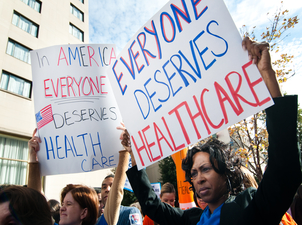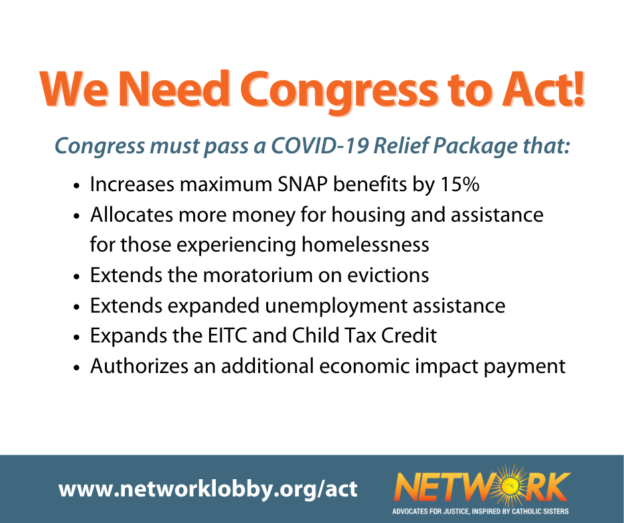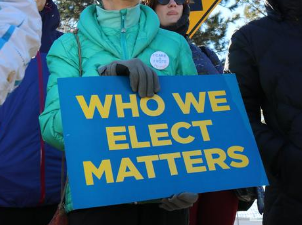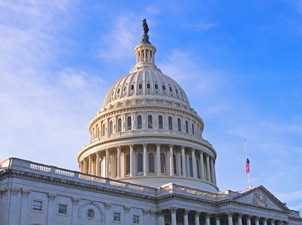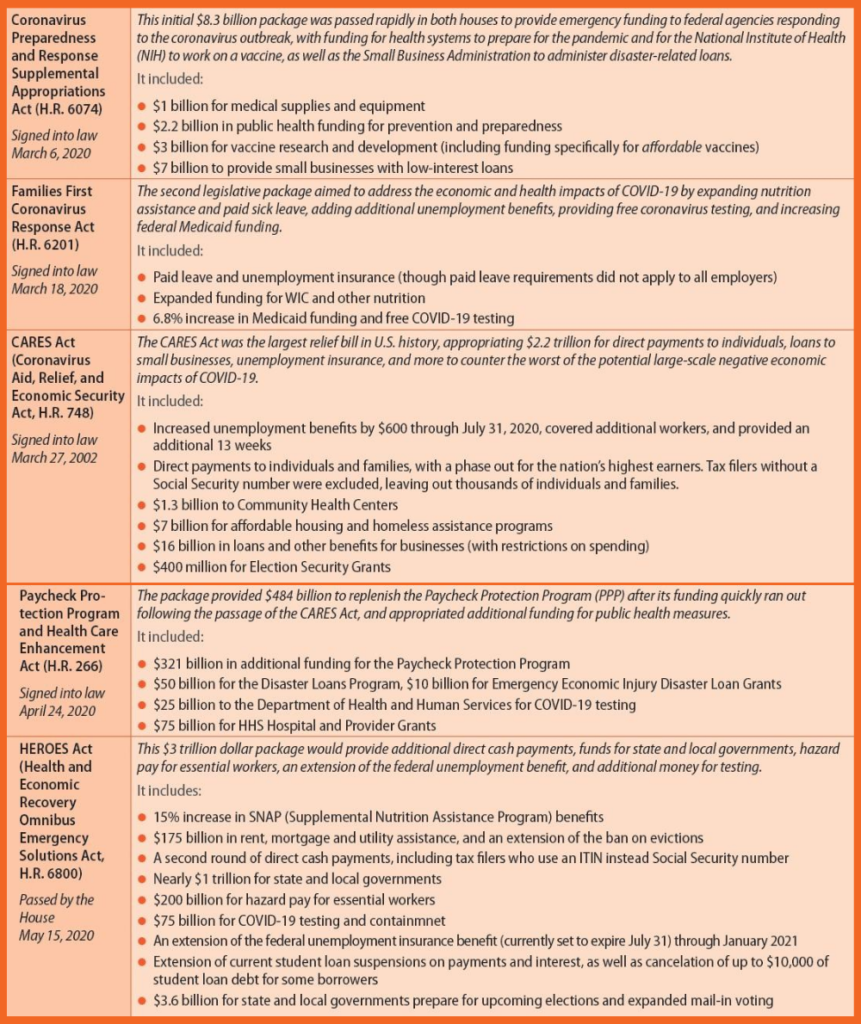
Talking with Your Community About the Vaccine
Caraline Feairheller
May 7, 2021
The COVID-19 vaccines are the safest way to build protection and minimize the severe effects of COVID-19 for you and your community. As the COVID-19 vaccines are new, it is normal for people to have questions. The sheer volume of information, and misinformation, on the vaccines can be overwhelming. According to experts, the best approach to vaccine hesitancy is having trust figures, like family members and peers, address the root cause of the hesitancy. When community members are able to see others in their circle embracing the vaccine and all its benefits, they are more likely to be willing to get the vaccine themselves. It is important we each do our part to limit misinformation by listening to our communities concerns without judgement. As Pope Francis says, “Whenever people listen to one another humbly and openly, their shared values and aspirations become all the more apparent. Diversity is no longer seen as a threat, but as a source of enrichment.”
When talking with friends and families about the COVID-19 vaccines, the U.S. Department of Health and Human Services (HHS) and Center for Disease Control and Prevention (CDC) recommends five key steps:
Listen to their questions with empathy
By listening without judgement, you can identify the root of their concerns. It is important to listen fully and attentively, without interrupting. You can read more on strategies for active listening through the article “Effective Communication: Barrier and Strategies” by the Centre for Teaching Excellence at the University of Waterloo.
-
-
- For more strategies and tips on navigating difficult conversations, visit NETWORK’s Guide to Transformative Conversations to Bridge Divides.
-
Ask open-ended questions to explore their concerns
By asking open-ended questions, you can help to understand what your community is worried about and what sources they are getting their information from. It is important to respectfully ask questions and avoid dismissive language like “That’s a silly concern” or “Why would you be worried about that?”
Ask permission to share information
Once you understand your community’s questions and concerns, ask if you can share information from trusted sources. It is important to not push information on them too quickly and when you do not know the answer consider offering to help look for the information.
Help find their own reason to get vaccinated
Everyone who chooses to get vaccinated does it for a different reason – to protect their community, to visit their family, to return to school. The reasons that someone chooses to get vaccinated will always be those that are most compelling to them personally. It is important to not only focus the conversation on the “why not” of the vaccine but to steer it towards the “why” of the vaccine.
Help make their vaccination happen
Offering to help a community member make a vaccine appointment can help make the path to vaccination easier and less stressful.








